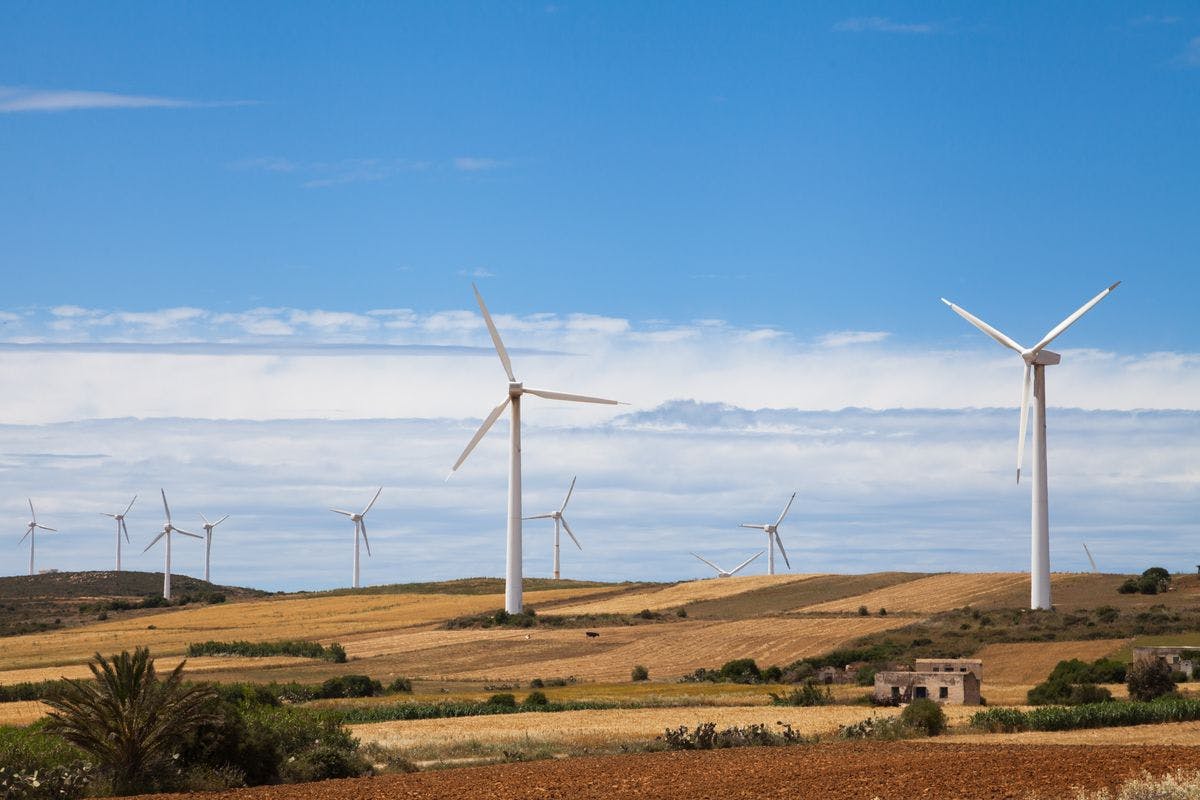Overview
Acre Export Finance Fund I is a $300M private debt fund that addresses the financing gap in the export finance market in Africa. This private debt fund invests in sovereign-backed climate-aligned essential infrastructure in Africa across four impact themes: renewable power, healthy food and water scarcity, sustainable cities, and green transportation.
Export finance (often referred to as “trade and export finance” or “export and project finance”) is the provision of dedicated funding and insurance products that reduce the risks of international trade. First established 100 years ago, export credit agencies (ECAs) are government owned or sponsored entities, and most countries have an ECA or equivalent. They are highly experienced in financing infrastructure projects in emerging markets and serve to encourage exports and investments by insuring or guaranteeing international transactions, and by providing loans or finance directly. As a result, ECAs effectively lower the inherent risk of international transactions for both exporters and lenders.
Most governments see the role of ECAs as filling market gaps and encouraging the participation of private banks in export credits. These market gaps generally arise for two main reasons: (i) private-sector reluctance or inability to accept certain medium to long-term risks (e.g., target country political/market risks and long-term fixed-rate lending); and/or (ii) private-sector reaction to market cycles or economic crises.
Problem
As a result of the financial crisis of 2008-2009, many international banks have sought to preserve capital and focus on core markets and clients, so they have been reluctant to provide a required ECA-tied debt tranche for ECA supported projects of approximately 15% of the total debt. In addition, international banks have relatively small country limits for African borrowers and the capital treatment of such loans under Basel III is expensive. In addition, for many sovereign borrowers private market credit insurance is not available or extremely limited and banks will generally not lend the 15% without it in some form.
Solution
The Fund is seeking to fill an acute financing gap for the 15% ECA-tied debt tranches of ECA transactions in Africa, which needs to be in place before an ECA can offer a guarantee on the remaining 85% of the debt provided by local commercial banks. By investing in this 15% tranche, the Fund is expected to mobilize up to 5.6X in private sector capital for climate-aligned infrastructure projects.
The Fund has achieved a first close at ~$100M with a number of institutional investors including the European Investment Bank, FSD Africa, Ceniarth, Investec Bank and others. However, in order to scale the Fund will need to attract more commercial investors. Feedback from such investors highlights the need for an element of risk protection in the form of an insurance or guarantee product. This is often due to mandate constraints, which prevents many commercial investors from investing in such a vehicle without downside risk protection. In order to crowd-in such commercial investors, Acre envisages the setup of a feeder vehicle to the
main Fund which would benefit from a form of such an insurance / guarantee.
CC Facility Support
The CC Facility is supporting Acre Impact Capital with grant and acceleration support for the feeder vehicle which includes structuring activities, refinement of gender strategy, investor outreach and fundraising, and local capacity development strategies.
Website
Acre Impact Capital: https://www.acre.capital
